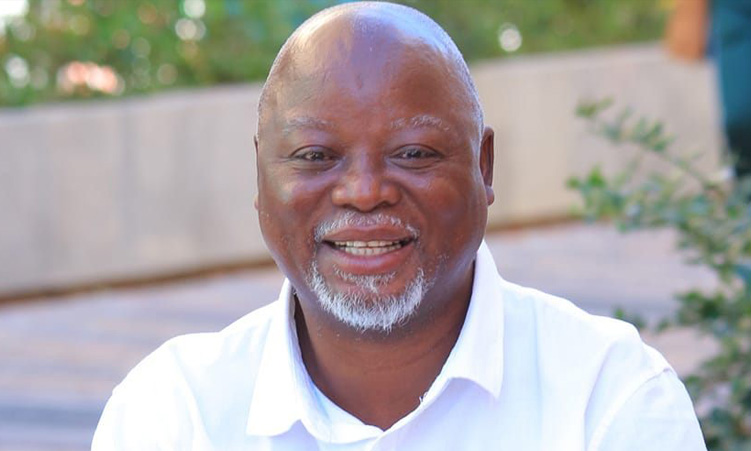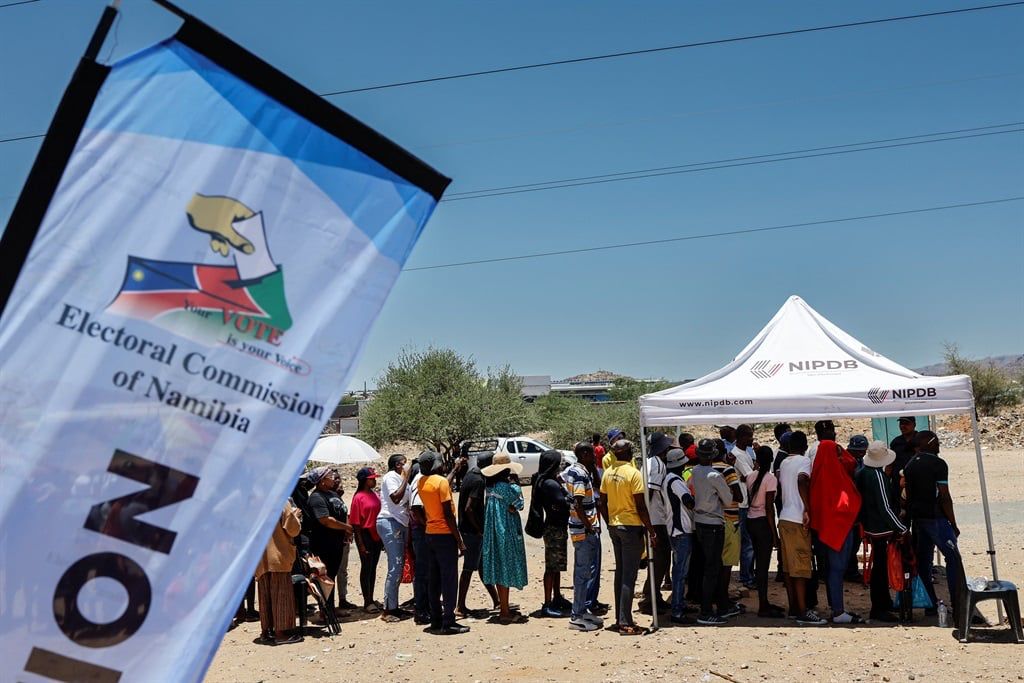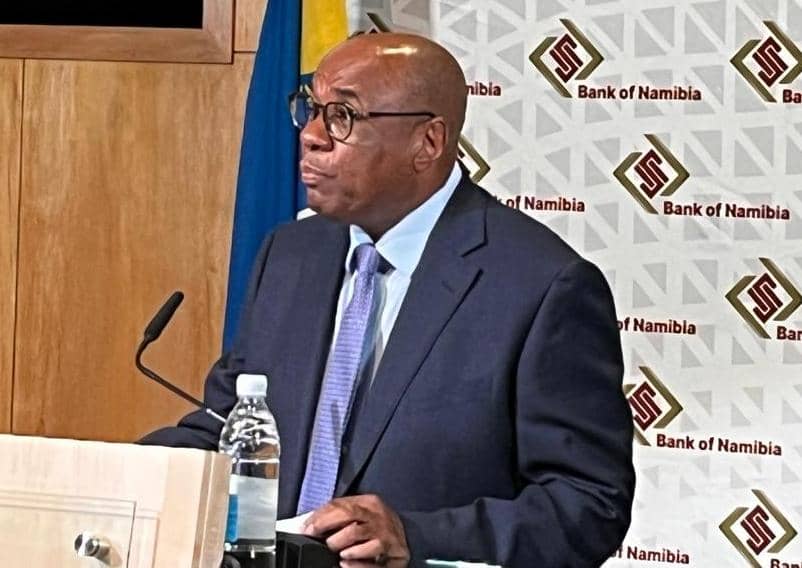The Landless People’s Movement (LPM) will renegotiate all Namibia’s mining deals for the state to own more than 50%.
This is detailed in the party’s 85-page manifesto.
“Renegotiate all mining deals for the state to own not less than a 50% stake in all mining activities similar to the De Beers and government’s 50/50 deal,” the manifesto reads.
Social and economic justice activist Nafimane Hamukoshi yesterday said this move could be seen as an attempt to regain control over natural resources.
“This action will demonstrate a dedication to correcting past wrongs, such as the frequent marginalisation and deprivation of local populations’ legitimate share of resource wealth and to assist in addressing the triple burden we are currently facing,” the activist said.
Hamukoshi said the government may be more equipped to enact laws that give priority to social justice.
“I acknowledge that aggressive renegotiation, however, may discourage foreign investment if not balanced with considerations of economic growth and investment stability, but we have to be mindful of our people, especially with the crisis we are currently facing,” she added.
YOUTH TAKEOVER
The party’s leader on Saturday said 71% of the National Assembly and leadership should be constituted by the youth.
He said the older generations should take up the rest of the 29%.
Swartbooi said there were examples across the world of the resistance of an unrepresented youth.
Last year, a United Nations agency stated that Namibia’s unemployment rate stood at 34% and the youth unemployment rate at 48%.
“The Arab Spring has woken up many across the world about the explosive nature of young people and in the instances where they are not represented in both the thinking of society and the direction of society,” he said.
Swartbooi added: “They can become antagonistic toward the status quo and there’s nothing wrong with it, but when that antagonism becomes violent and in some instance extremist, you have a fundamental instability in society”.
Former president Hage Geingob and United Nations resident coordinator in Namibia Hopolang Phororo have both previously cautioned against the possible consequences of an unemployed and frustrated youth amid high joblessness.

Hamukoshi yesterday said achieving LPM’s suggested leadership structure in Namibia, where 71% of jobs are held by young people, can be challenging, despite the fact that young people make up the majority of the population and represent a considerable demographic.
“First of all, structural obstacles like restricted access to resources, political networks, and expertise can make it more difficult for young people to obtain leadership positions.
“Moreover, the existing political system and party structures frequently give preference to older candidates with track records over younger ones who might be less experienced but have fresh ideas,” she said.
The activist added that the viability of this concept is dependent on radical adjustments to political structures and public perceptions of youth involvement.
NAMIBIA’S NASA
LPM plans to take Namibia out to space with satellites.
“During its first term, the LPM-led government will ensure the immediate building of satellites and placing [them] into orbit to put Namibia in a better position to package information on issues including safety and security and various meteorological updates,” the manifesto reads.
LPM believes this will make Namibia a player in the satellite information industry, “with good financial gains”.
Political scientist Ndumba Kamwanyah yesterday said LPM wants Namibia’s natural resources, like minerals, to be owned and controlled by the state, ensuring all citizens benefit from them.
“The manifesto encourages Namibians to be active and responsible citizens, using the country’s resources and talents to create a better future,” he said.
Kamwanyah said the focus on state control of natural resources is appealing, but it can be difficult to manage in practice.
“The manifesto doesn’t address how the state will avoid inefficiencies and corruption in handling these resources,” he said.
Overall, the analyst said the manifesto has limited focus on urban issues.

“While the manifesto highlights rural areas, it doesn’t give enough attention to challenges faced in urban areas, where a lot of people live. Issues like affordable housing in urban areas, transportation and urban poverty are not discussed in depth,” he added.
Economic analyst Omu Kakujaha-Matundu yesterday said this promise sounds like radical economic transformation.
“We have heard this so many times from different political configurations. Should this have been a serious attempt to wrestle the people’s resources from international capital, that is to be lauded,” he said.
He reasoned that any government that attempts to fight against international capitalist imperialism should prepare the Namibian people for any fallout from such a move.
“The capitalists won’t let go of the people’s resources without a big fight. In the interim, the economy would suffer a serious shock as international capital [will] gang up to punish the offending government,” Kakujaha-Matundu added
Stay informed with The Namibian – your source for credible journalism. Get in-depth reporting and opinions for
only N$85 a month. Invest in journalism, invest in democracy –
Subscribe Now!










